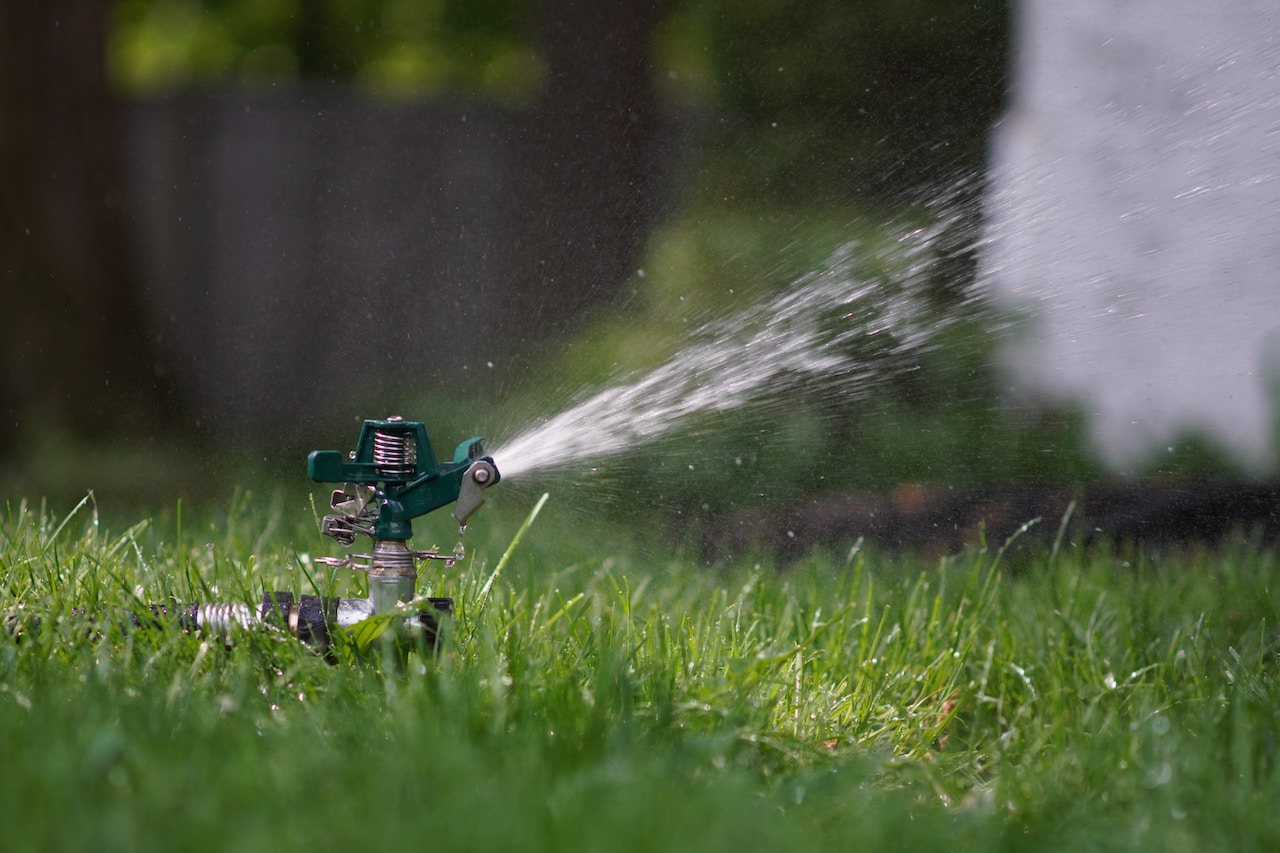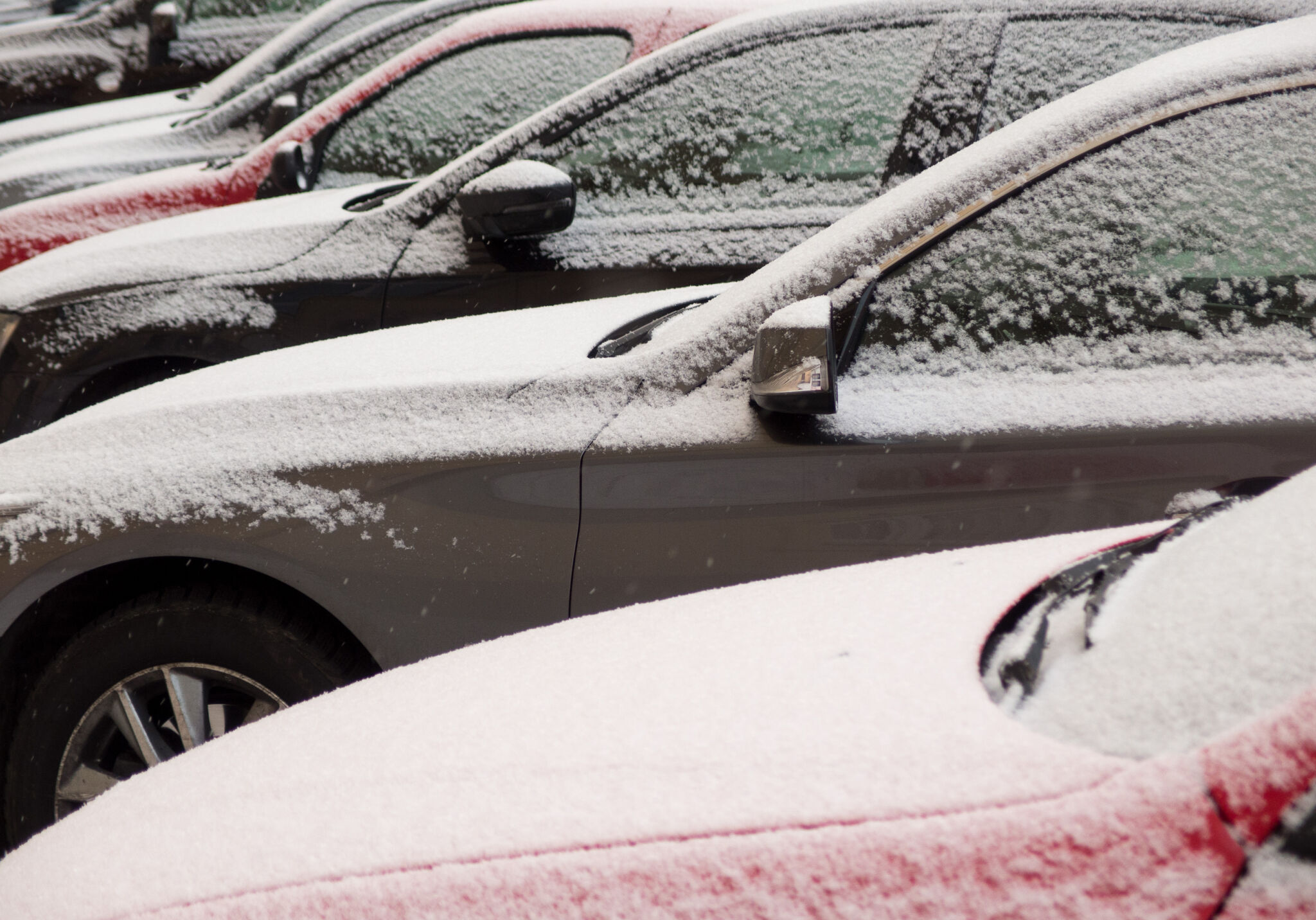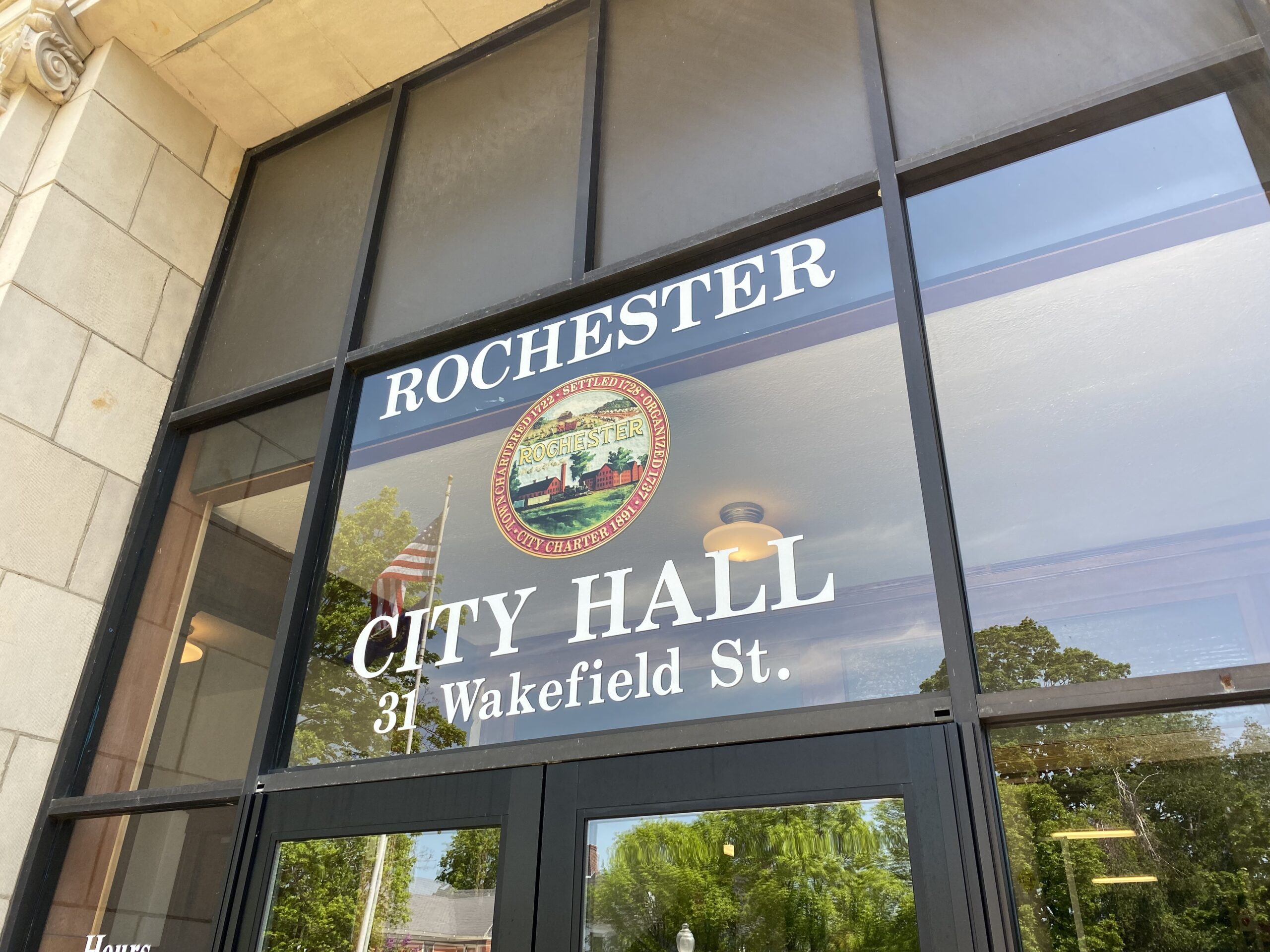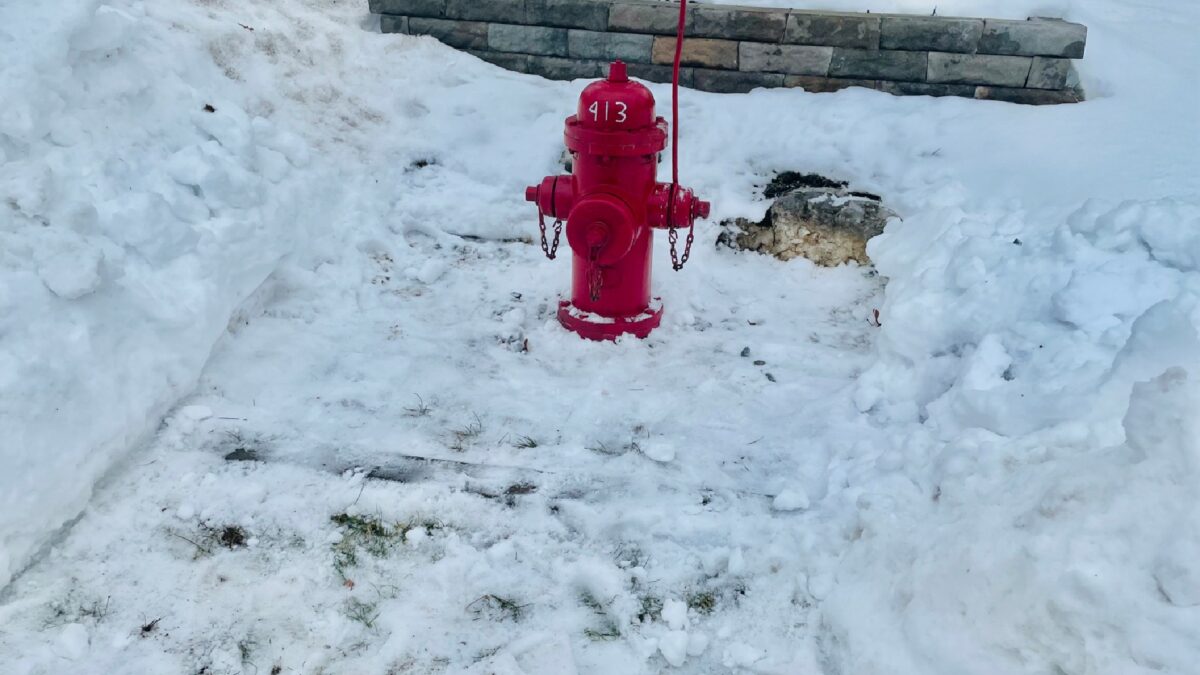According to a recent survey, it’s likely that you and your neighbors believe having a lawn that is safe for the environment is very important. However, some lawn care practices can create water quality problems. Excess nutrients (including nitrogen and phosphorous found in fertilizers) that run off our properties into local waterbodies can trigger algal blooms that cloud water and rob it of oxygen.
Many of us enjoy the time we spend working on our lawns and are willing to try new practices as long as our lawns continue to look nice. Here are some easy practices for creating and maintaining a truly healthy lawn that is both attractive and safer for the environment.
Simple Recommendations for Every Lawn
CHOOSE THE RIGHT GRASS SEED
Consider limiting lawn areas to locations where grass will grow easily and will actually be used for outdoor activities.
Choose grass varieties that require less maintenance. For northern New England, choose seed mixes with higher percentages of turf-type tall fescues, compact-type fall fescues, and/or fine fescues. Choose mixes with smaller percentages of Kentucky bluegrass and/or perennial ryegrass.
In shaded areas, select shade-tolerant turf grasses like fine-leaf and tall fescues.
Up to 10% of the total seed mix can be white clover to help fix nitrogen in soil naturally. Avoid clover if anyone in the household is allergic to bee stings.
DON’T OVERWATER
If irrigating, 1” of water per week is typically enough. Overwatering can lead to runoff and leaching of contaminants into groundwater.
TEST YOUR SOIL
To have your soil tested, please visit this site: extension.unh.edu/resource/best-practices-submitting-your-soil-sample. Sometimes adjusting the soil pH or organic matter are the only treatment needed to improve a lawn. If the soil test results come back as acceptable but your lawn is not, then check for other problems like pest infestations.
MOW SMART
Mow grass 3” or higher. Cut no more than 1/3 of the blade to encourage longer, stronger turf grass roots. Leave the clippings after mowing to provide a source of slow-release nutrients. NEVER dispose of clippings in drainage areas, storm drains, wetlands or water bodies!
For additional resources, please visit: www.rochesternh.gov/stormwater-center
Recommendations for Lawns that Need Fertilizer
DETERMINE HOW MUCH TO APPLY
Measure the dimensions of the area where you plan to apply. The square footage of the area will determine how much fertilizer to purchase and use.
Only use what you need. Nearly half of homeowners mistakenly use the entire bag whether it is needed or not.1 Seal and store opened fertilizer bags in an airtight container or share the excess with others.
Lawns older than 10 years usually need less nitrogen than newer lawns, especially if the clippings are left, so apply only half of the amount directed on the bag. Only apply more if there’s no improvement over time in turf color and density. Staying under four applications per season at this reduced rate helps keep the overall application at the recommended level 2 for water-friendly practices.
Lawns less than 10 years old may need the full amount of nitrogen as indicated on the fertilizer instructions. Apply less than four times per year.
KNOW WHEN & WHERE TO APPLY
Avoid applying fertilizers mid-summer when turf growth naturally subsides or before a big rain when it can run off into nearby waterways or leach into groundwater.
In northern New England, apply no earlier than spring green-up and no later than mid-September to ensure the proper soil temperature for grass to take up the nutrients.
Know your local and state laws related to fertilizer application. For example, do not apply any fertilizers within 25 feet of water bodies in New Hampshire.
CHOOSE THE RIGHT FERTILIZER
Avoid combination products that include both pesticide and fertilizer unless confident you need both. Unnecessary applications of fertilizers and pesticides can lead to soil and water contamination.
Select lawn fertilizers with low or no phosphorus unless your soil test indicates otherwise. The fertilizer formula (e.g., 20-0-15) tells the relative percentages of nitrogen (N), phosphorous (P), and potassium (K).
Slow release formulations (>50% water insoluble nitrogen – WIN) are generally preferable. Only use quick release products when there is a need to grow turf very quickly, for example, to prevent erosion of bare soil during a new seeding. Check the product label to see what type of nitrogen it contains.
Organic fertilizers are typically slow release and contain micronutrients that are beneficial to soil. They are not petroleum-based like most synthetic fertilizers. Overapplying any type of fertilizer or over-irrigating fertilized turf can lead to water quality problems.
For more information:
https://extension.unh.edu/resource/best-practices-submitting-your-soil-sample









